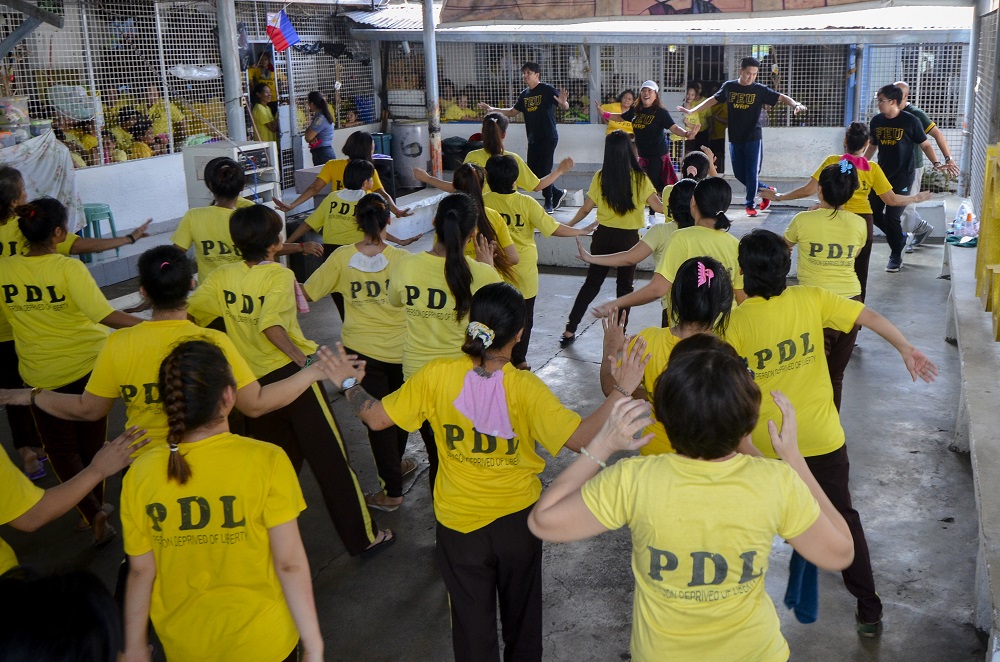
In most developing countries, penal institutions struggle to provide a rehabilitative support system for persons deprived of liberty (PDL). The Manila City Jail Female Dormitory (MCJFD) faces this kind of struggle. As of this writing, the facility has a total of 1,202 PDLs despite a maximum capacity of 173. The overcrowded prison reflects the country’s unabated crime rate and the PDLs’ urgent call for help.
Far Eastern University—a 91-year-old Philippine institution of higher learning—has responded to this call for help. Through its Community Extension Services (FEU-CES), Project HOPE (Harnessing Offenders’ Personal Empowerment) was re-launched in 2017 in partnership with the Bureau of Jail Management and Penology’s Manila City Jail Female Dormitory. “The collaboration that started in 1990 as a free legal assistance program has expanded to more holistic initiatives that aim to alleviate the plight and ameliorate the socio-economic status of the PDLs,” said Dr. Luzelle Anne Ormita, FEU-CES director.
After a community needs assessment, FEU-CES tapped volunteers comprised of the faculty, administrators, students, staff, and alumni to implement psychological, livelihood, health, and literacy programs at the prison facility.

The psychological services organized by a team from the Psychology Department has capacitated the PDLs to enhance their self-awareness and anger management through reflection workshops and art therapy. This program has helped manage their emotional pains and behavioral concerns such as irritability. In the process, they developed communication, listening, and empathy skills to lessen in-prison conflicts. The FEU Wellness and Recreation Program has complemented this service by offering in-door recreational games and Zumba sessions to help the PDLs cope with boredom and sadness.
Productivity while in prison is a crucial element of the support system. When financial assistance is scarce, PDLs rely on self-help at best. The livelihood program fills in this gap through two income-generating projects. First, PDLs learned how to crochet novelty items for sale at the FEU Bookstore. They were mentored by a social enterprise called Mayown, an institutional partner of the university. Second, the FEU Hotel and Restaurant Management (HRM) team of chefs and students taught them baking basics with the ultimate goal of putting up an in-house bakery. The PDLs currently supply freshly baked bread to fellow inmates at lower cost. The Biology Department also introduced urban gardening to promote a self-sustaining food source.
To address health risks resulting from prison congestion, the FEU Medical Technology and Nursing teams regularly hold medical and laboratory services. The health program is made more comprehensive through seminars on lifestyle, sanitation, and communicable diseases.

Literacy programs on math, conversational English, short story writing, storytelling, and reading were also spearheaded by the Education, English, Filipino, and Math Departments to beef up the PDLs’ skills.
PDLs who are due for release from jail are invited to attend discussions on good citizenship to help lessen chances of recidivism.
As a flagship program with contributions from different academic departments, FEU Project HOPE recognizes and upholds the PDLs’ right to life and human dignity like a ray of light amid a dark and cramped prison cell.

